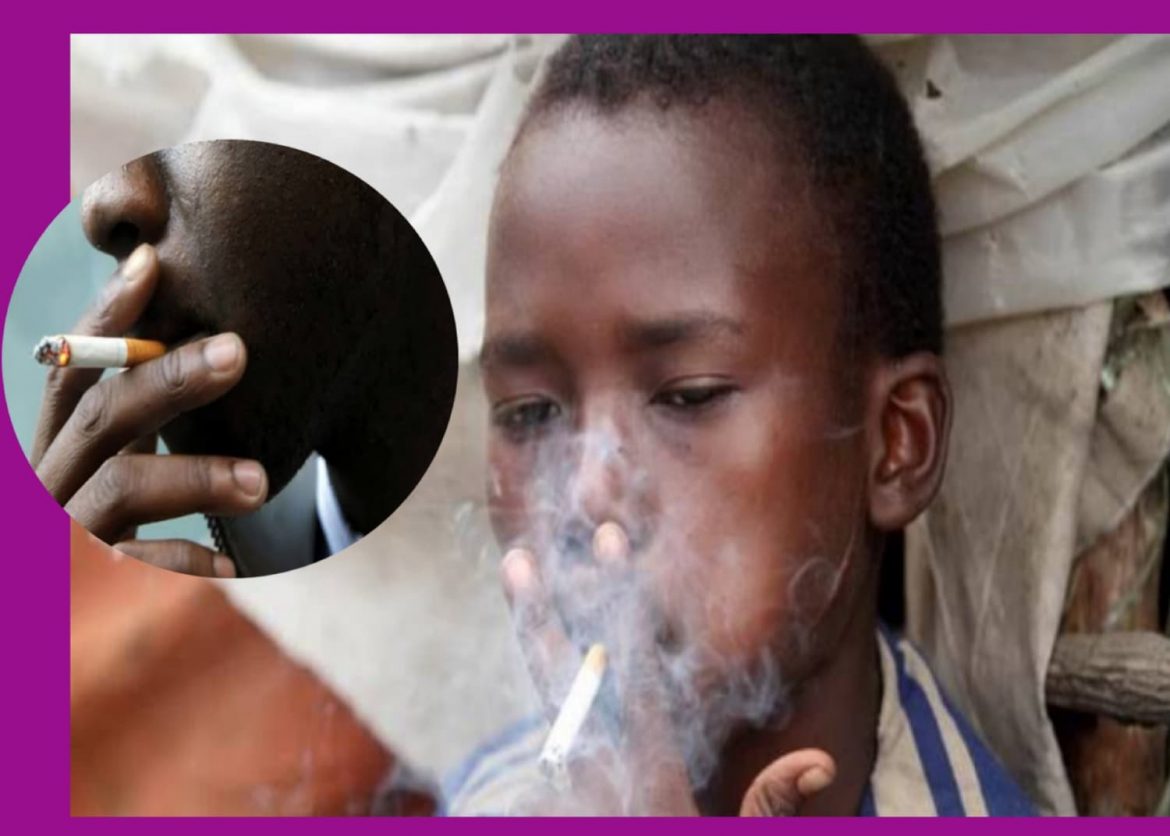The federal government has restated that it is committed to tackling public smoking and the illegal use of tobacco among children in Nigeria.
Minister of Youth and Development, Jamila Ibrahim stated this in Abuja on Friday when Bintou Camara, Regional Director, Tobacco Control Programme (AFRO) Campaign for Tobacco – Free Kids, paid her a courtesy visit.
Ms Ibrahim lament that tobacco smoking among children was a big challenge facing the country
The minister noted that the country needs to engage with relevant stakeholders to educate Nigerians to understand the health implication of tobacco smoking among young people.
He said “We will focus on adolescent health. It is the area we need to be proactive in putting mechanisms in place to achieve a preventive approach to tobacco smoking among the kids.
“We must work with the act that bans tobacco smoking in public places especially to prevent second hand smoke,” she said.
Also speaking, Ms Camara stated that the organisation was in the country to campaign and educate Nigerians on the danger of tobacco smoking.
“We are focusing on tobacco control. Tobacco smoking is the leading cause of preventable deaths, that is why it is important that we tackle tobacco prevention,” she said.
According to her, tobacco companies target the young people in order to safeguard their profits.
Ms Camara said that it was important to tackle tobacco control because the world was facing an incredible enemy that may affect public health issues.
She noted that the organisation had been working for more than 25 years to educate the youths on the danger of tobacco smoking.
“The organisation has fought to protect children and save lives from the cause of preventable death.
“Our vision is a future free of the death and disease caused by tobacco. Because tobacco has killed enough,” Ms Camara said.
According to her, It is the tobacco industry that is searching confidently to target young people in order to safeguard the profit over public health.
“Most important thing for us is to raise awareness, educate youths on the consequences of tobacco use.
“Tobacco smoking has killed eight million people a year and out of the number 1.2 million die from secondhand smoke which means you don’t have to be a smoker, you can die from it, suffer from it whether you want it or not,” she said.
Ms Camara said that the country had passed the tobacco smoking law, saying that implementation and enforcement was most important, especially for young people.
She described tobacco as the entering way to other drugs that generate negative consequences which include mental health, loss of productive life, loss of good health, and education among others.






